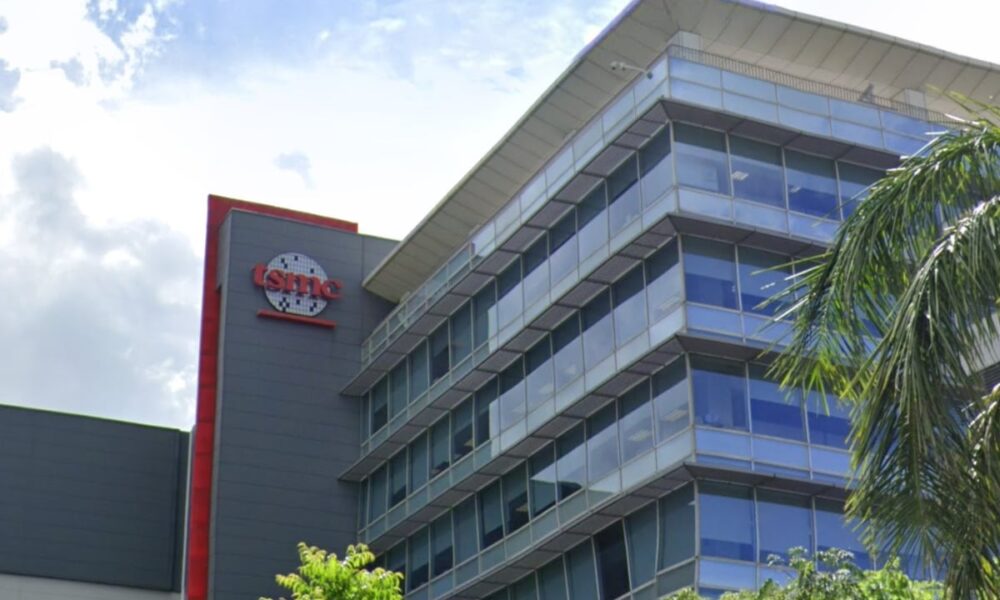URGENT UPDATE: TSMC, the world’s leading semiconductor manufacturer, is ramping up its operations in north Phoenix with the announcement of a new “gigafab cluster” aimed at advancing AI chip production. In a groundbreaking earnings call last Thursday, TSMC CEO C.C. Wei confirmed these plans, driven by an explosive demand for AI technology.
The expansion comes alongside notable investments from Nvidia and Intel, further solidifying Arizona’s status as a burgeoning tech hub. TSMC is poised to purchase additional land near its current site to facilitate these developments, which are designed to meet escalating customer needs in smartphones, AI, and high-performance computing.
In a significant milestone, TSMC has also begun mass production of the highly anticipated “Blackwell wafer”—a state-of-the-art AI chip that is crucial for global data centers. This achievement, celebrated by Nvidia CEO Jensen Huang during a recent event in Phoenix, marks a historic moment for American manufacturing. Huang stated, “For the very first time in American history, the single most important chip is being manufactured here in the United States by the most advanced fab at TSMC.”
The implications of this expansion are profound, not just for TSMC but for the entire region. With billions in investments from TSMC, Nvidia, and Intel, Arizona is witnessing a surge in high-tech job creation. The growth of the semiconductor industry is attracting a diverse workforce, from construction to computer engineering, aligning perfectly with the state’s workforce development goals.
As the competition intensifies in this “notoriously cutthroat” market, the collaboration among these tech giants signals a robust outlook for Arizona’s economy. Local officials emphasize that this growth trajectory not only fosters innovation but also establishes Arizona as a key player in advanced manufacturing and engineering.
The immediate future looks bright for the Valley’s tech landscape. With TSMC’s facilities being upgraded to the latest N2 technology processes, the region is set to become a focal point for cutting-edge semiconductor production. The move is a clear response to heightened demand for AI innovations, which are reshaping industries across the globe.
As developments unfold, industry experts urge stakeholders to stay tuned for further updates. The establishment of the gigafab cluster is just the beginning, and the expected job growth could have lasting impacts on local communities, providing thousands of opportunities in a rapidly evolving sector.
In conclusion, TSMC’s strategic expansion in Phoenix is not just a corporate move; it signifies a transformative shift in the tech industry, promising a future filled with innovation and economic growth for Arizona and beyond. The commitment to advanced manufacturing will likely make this region a cornerstone of technological advancement for years to come.







